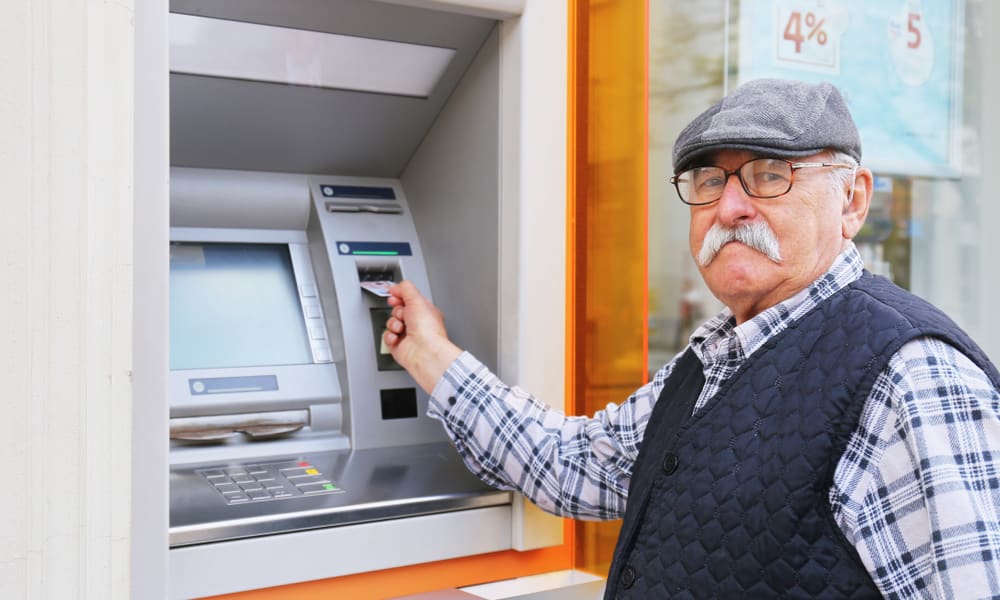Senior Bank Accounts: Smart Savings and Safe Money Choices
Many seniors look for bank accounts that protect savings, pay fair interest rates, and make everyday money management simple and secure. As retirement income, pensions, and savings become the foundation of daily life, choosing the right bank account can reduce fees, increase convenience, and provide peace of mind. This article explains the key features seniors should consider and how to evaluate banks and accounts in your area.

What savings options do banks offer seniors?
Banks typically offer several account types that suit seniors’ needs: basic checking for bills, savings accounts for emergency funds, and specialized senior savings or money market accounts that may include additional conveniences. Some banks provide tiered savings that reward higher balances with better interest rates, while others bundle services such as free check writing, ATM fee reimbursements, or no-minimum-balance requirements. When evaluating options, prioritize accounts that minimize monthly fees and make it simple to access money without penalties.
How do interest rates affect senior savings?
Interest rates determine how much your deposited money earns over time, and even small differences can compound into meaningful sums for seniors living on fixed incomes. Compare annual percentage yields (APYs) on comparable accounts and ask whether rates are promotional or variable. Keep in mind that high interest rates may come with conditions, such as minimum balances or limited withdrawals. For safety and predictability, many seniors balance a portion of funds in high-yield savings or short-term certificates while keeping enough liquid cash in an accessible account for monthly expenses.
How can seniors choose the right bank account?
Choosing the right account depends on cash flow, mobility, and comfort with technology. Consider whether you prefer branch access, strong online/mobile banking, or a hybrid approach. Look for banks that offer senior-friendly features: simplified statements, dedicated customer service lines, and fraud protection tailored to older customers. Check whether direct deposit, automatic bill pay, and linked accounts are available to streamline money management. Finally, read account terms carefully to identify fees, withdrawal limits, and requirements that could affect day-to-day use.
How to manage money and withdrawals safely?
Security and predictable access to funds are essential. Set up alerts for unusual activity and review statements regularly to spot errors or fraud. If you use ATMs frequently, choose accounts that reimburse out-of-network ATM fees or use a bank with a wide branch and ATM footprint in your area. For recurring withdrawals, maintain a buffer to avoid overdraft fees and consider linked accounts or overdraft protection that won’t carry high penalties. For those concerned about scams, banks often provide education and monitoring services—ask about protective measures available to seniors.
Where to find local services and benefits for seniors?
Many banks and credit unions provide local services or community programs aimed at seniors, such as financial counseling, workshops on retirement income, or simplified account packages. Credit unions often offer competitive terms and a community-oriented approach, while larger banks may provide broader branch networks and advanced digital tools. Contact local branches or search for “local services” for seniors to learn about eligibility for waived fees, priority service hours, or special account features designed to support retirement budgeting and financial planning.
Are there fees, perks, or extra protections for seniors?
Banks may offer fee waivers, reduced minimums, or perks like free cashier’s checks for customers who meet age or balance criteria. Some accounts waive monthly maintenance fees for seniors, provide preferential interest tiers, or include identity-theft monitoring as a feature. On the protection side, many institutions have heightened fraud detection for elderly customers and staff trained to recognize common scams. When comparing accounts, weigh the value of perks against any requirements—such as minimum balances—and ensure protections align with personal risk and convenience needs.
Senior bank accounts are about balancing accessibility, cost, and growth. By focusing on low fees, clear interest rate structures, strong security measures, and responsive customer service, seniors can choose accounts that preserve savings and simplify money management. Regularly review account terms and stay informed about local services to make choices that support financial stability and daily living.






